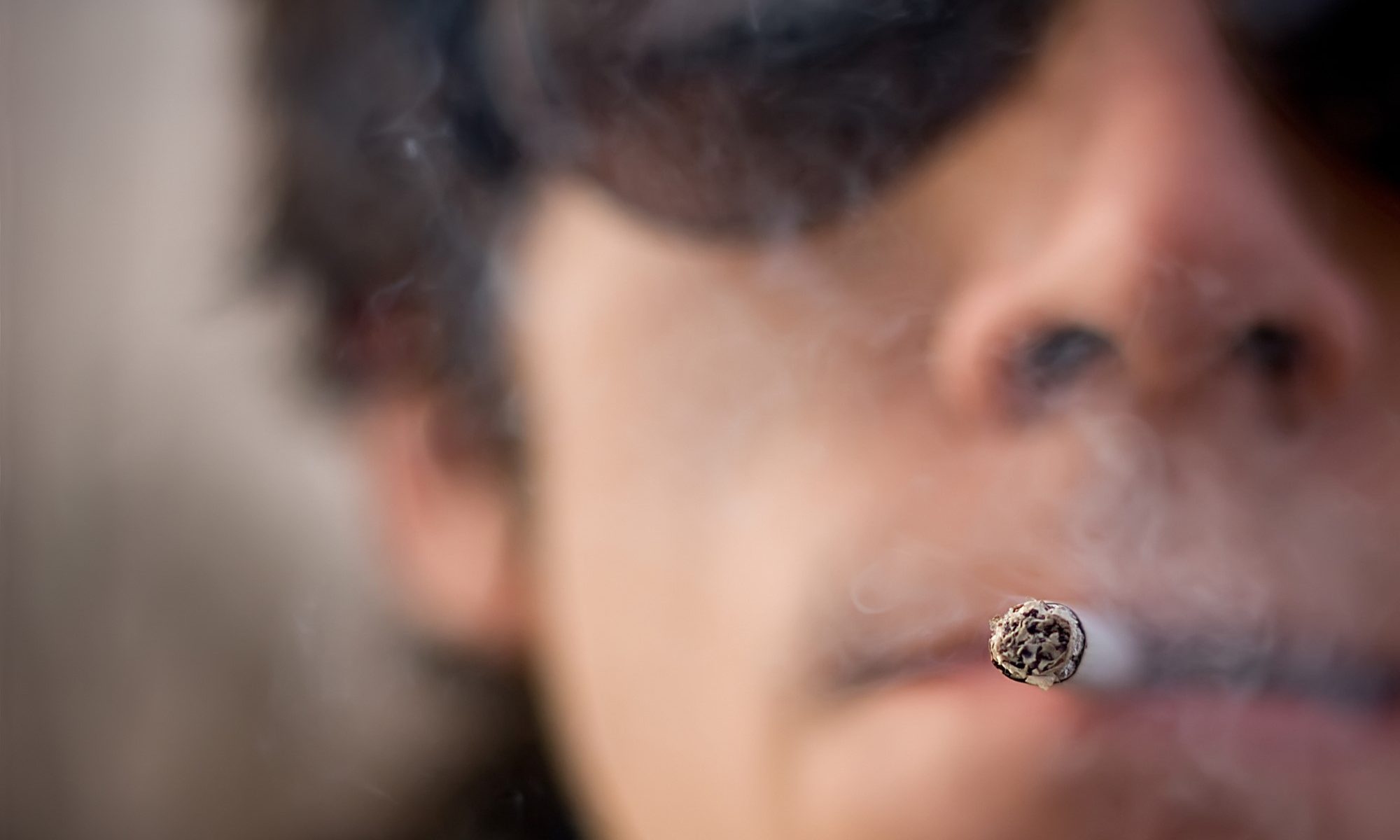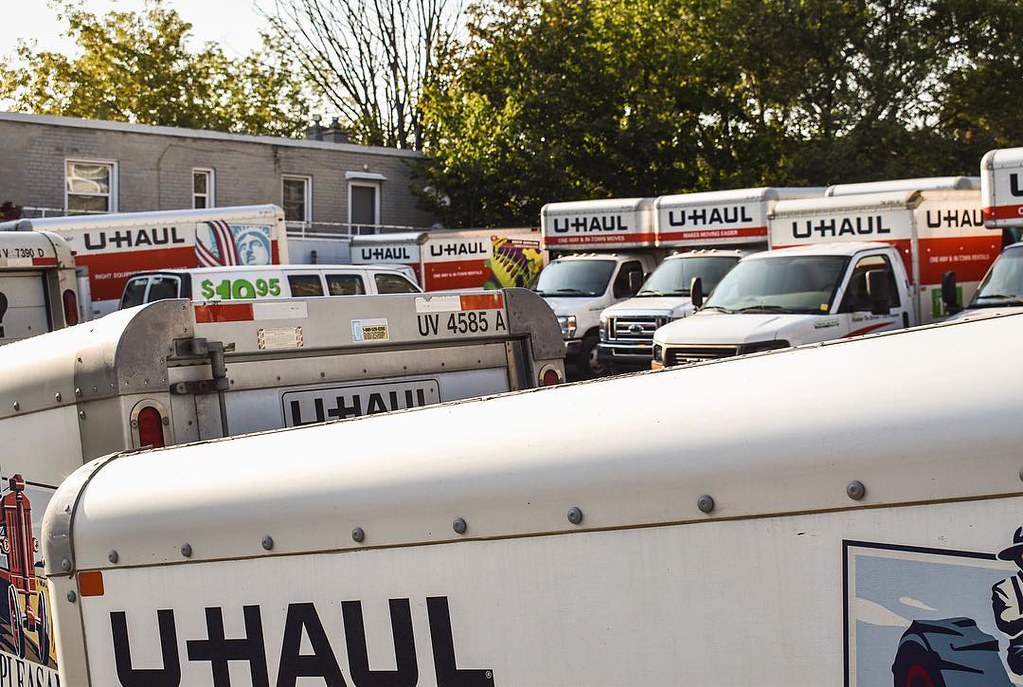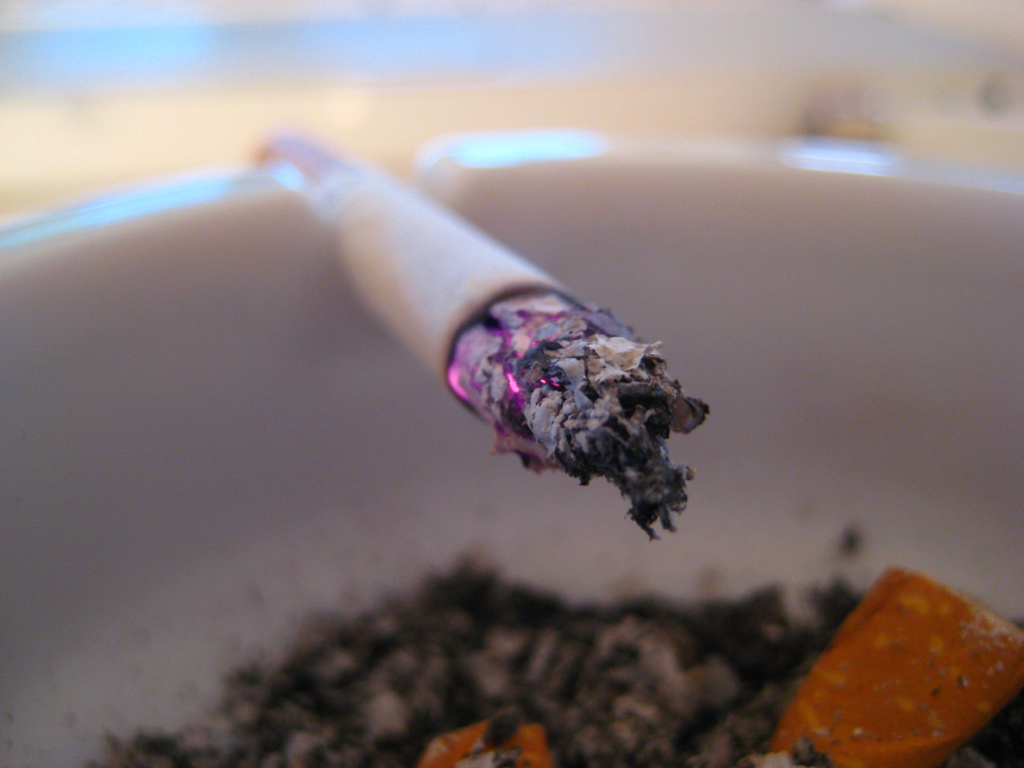At the end of last month, the recently elected coalition government in New Zealand decided to scrap a world-leading policy implementing an effective ban on smoking nationwide. The legislation – passed in 2022 and set to come into force in July 2024 – would have raised the smoking age annually, so that someone who was 14 years old at the time of the policy’s implementation would never be able to legally purchase a cigarette. The pioneering approach subsequently inspired the proposal of similar legislation in the U.K. amongst other jurisdictions.
The chief reason for the axing of this policy was financial. Tobacco sales generate revenue, and the incoming government of New Zealand needs this revenue in order to fund its many promised tax cuts. However other concerns played a role, including the familiar specter of the nation becoming a “nanny state” that dictates how people should live their lives. But are these concerns sufficient to justify the overturning of a policy that would have reduced mortality rates by 22% for women, and 9% for men – saving approximately 5,000 New Zealand lives per year?
At its core, this policy – like others that limit our ability to imbibe potentially harmful substances – becomes a debate about whether we should take a paternalistic or libertarian view of the role of government. Paternalists see the government in a parental light, and – as such – believe that the government is justified in restricting the liberty of its citizens where doing so is in the citizens’ best interests. Libertarians, on the other hand, see freedom as being of paramount importance, and endorse the government restricting personal freedoms in only very limited scenarios. What kind of cases might qualify? One approach the Libertarian might take is to apply something like John Stuart Mill’s Harm Principle, which holds that our freedoms should only be limited where our actions will cause harm to others. Could, then, a Libertarian justify an effective ban on smoking? Perhaps. The harms of secondhand smoke (i.e., the inhaling of cigarette smoke by those who do not choose to smoke) are well-known. In the U.S. alone, secondhand smoke causes nearly 34,000 premature deaths every year. This is precisely the kind of harm that might justify a limitation of our personal freedom under a libertarian approach.
But suppose that an individual manages to smoke in a manner that creates no harm whatsoever for anyone else. This isolated smoker consumes tobacco exclusively in a private, sealed environment so that the only harm caused is harm to themself. Might the state nevertheless be justified in restricting the liberty of this individual? Here, the libertarian will most likely say “no.” The paternalist, on the other hand, might endorse a liberty-restricting policy. But on what basis?
There are myriad ways in which the paternalist might justify the infringement of an individual’s liberty, even where no harm is done to others. One method comes via an application of utilitarianism (also popularized by John Stuart Mill). At its core, utilitarianism claims that the right thing to do is that which maximizes welfare – i.e., how well people’s lives go. How are we to measure this? One way (and the way which Mill himself adopts) is hedonistically. This approach involves tallying up the total pleasures and pains brought about by different options, and choosing that which maximizes pleasure (or, at the very least, minimizes pain).
What would this hedonistic utilitarian make of the isolated smoker case above? Well, chief among their considerations would be the pleasures (presumably) gained from the smoker’s enjoyment of their cigarettes. But these pleasures would then need to be weighed against the pains caused by this same activity: specifically, the detrimental effects that smoking has on one’s health. Now, some of those pains might not be immediate – and some might never occur. In this case, the calculation of pains might need to take into account the risk of those harms eventuating – discounting them according to how unlikely they are to occur. Ultimately, the question posed by the hedonistic utilitarian will be do the pleasures of smoking outweigh the actual (and potential) harms? Where they do not, the state might find moral justification in preventing that individual smoking, since it will not be the action that maximizes their welfare.
But utilitarianism isn’t the only moral theory we might apply. Immanuel Kant’s approach is decidedly different, and focuses on a respect for human dignity. His Humanity Formulation of the Categorical Imperative states that an action is right if and only if it treats persons as ends in themselves and not as a mere means to an end. Might the Kantian object to restricting the liberty of the isolated smoker? It would certainly seem that the state is using the individual as a means to an end – that being the end of promoting health. But are they using the individual as a mere means? Arguably not. If I befriend a classmate for the sole purpose of having them help me write an assignment, I am using them as a mere means. If, however, I pay a mechanic to work on my car, I am not using them as a “mere” means, since my treatment of the mechanic happens to facilitate their end of gainful employment.
The same might be true in the case of liberty-limiting legislation and smoking. While the state is using the individual as a means, they might be doing so in a way that promotes the ends of the individuals. What are those ends? We can take our pick from the many things that the smoker values in life: waking up each morning to enjoy the sunrise, engaging in physical exercise, watching their grandchildren graduate. All of these ends are threatened by their smoking, so that preventing this individual from smoking might in fact respect those ends.
Whether or not the state is right to limit their citizens’ ability to engage in harmful behavior is a conversation both complex and nuanced. It’s unfortunate, then, that in the case of New Zealand this decision seems to have been made largely on the basis of financial considerations and political pragmatism. Instead, careful attention should be paid to how we see the state: whether its role is paternalistic, and – if so – what kinds of moral principles might justify its intervention in our lives.




